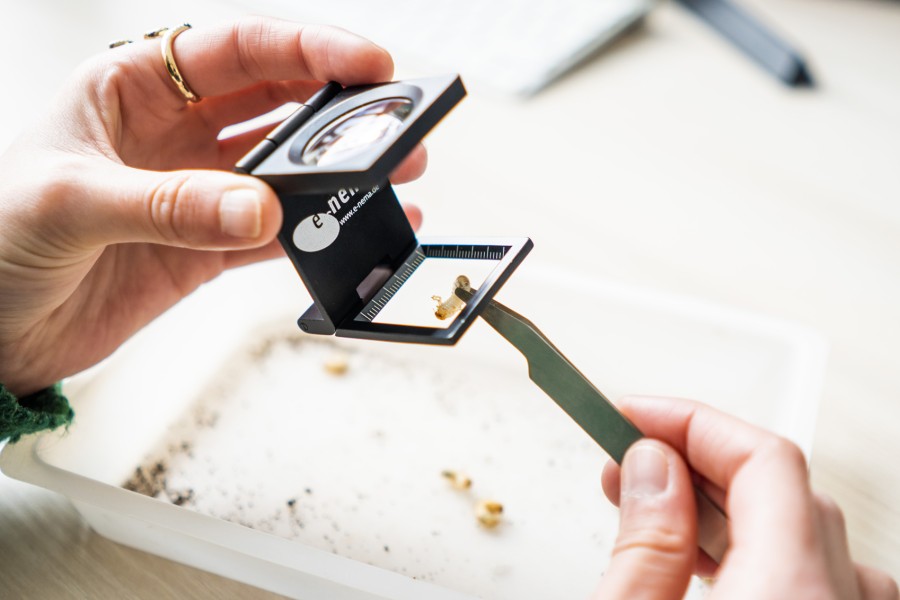Nematodes
CONTROL PESTS ON GOLF AND SPORTS TURF WITH NEMATODES
The most common pests on golf and sports turf are white grubs, leather jackets and cutworms. All three can be well controlled with nematodes.
CONTROL WHITE GRUBS WITH NEMATODES
The larvae of the leaf-horned beetles are called grubs. Four main species are found on lawns, the garden leaf beetle, the June beetle, cockchafer and the welsh chafer. The product nema-green® or nema-green® cockchafer is used against all four, but at different times. Therefore, it must first be determined which species it is. To do this, you can use our free identification service or follow this guide. On golf courses several species can occur at the same time.
Quantities required
5 billion nematodes are needed per hectare of lawn, which is equivalent to ten packs of 500 million. They are shipped in cartons with ice packs. After delivery, the nematodes should be stored in a refrigerator or cold room. They can be stored at 4 -12 °C for a maximum of 6 weeks.
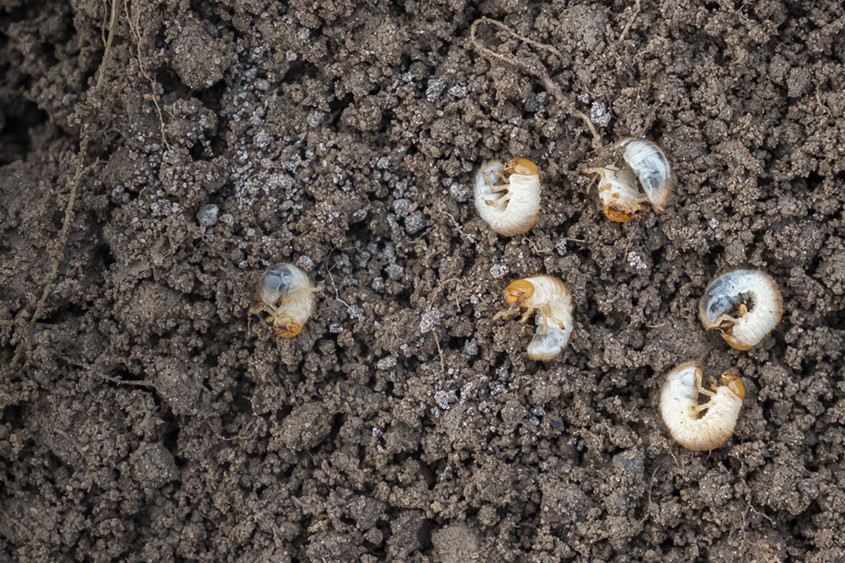
Application of nema-green®
The nematodes are dissolved in water and applied with min. 1.000 liters of water per hectare with the crop protection sprayer. Nematodes may only be applied to moist soil, therefore sprinkle with enough water before application to ensure that the moisture in the topsoil makes contact with the moist, deeper soil horizons. This is the only way to ensure that all nematodes can migrate to the deeper, always moist soil horizons if the soil dries out.
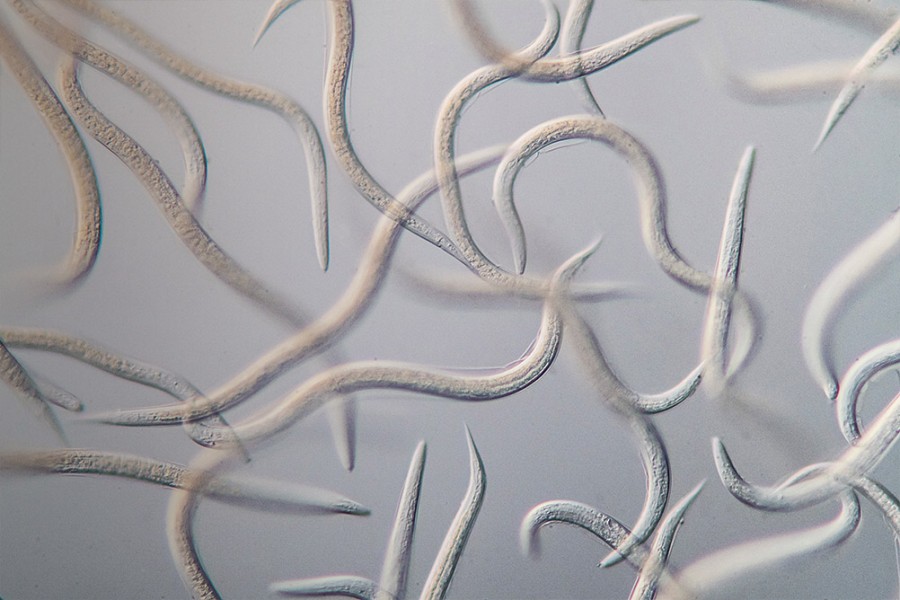
Application conditions
Prerequisites for effective biological pest control are temperatures above 12 °C and sufficient soil moisture. On fairways and sports fields, the more water the better. On greens, be careful or you will flush the nematodes too deep into the substrate. Where there is no sprinkling possibility, be sure to consult with us.
The nozzles of the plant protection sprayers should have a diameter of at least 0.8 mm. All filters and sieves, including those in front of the nozzles, must be removed. The design of the nozzle is secondary, as long as no baffles are included. Nematodes are less at risk from pressure than from shear forces. The maximum pressure is 5 bar.
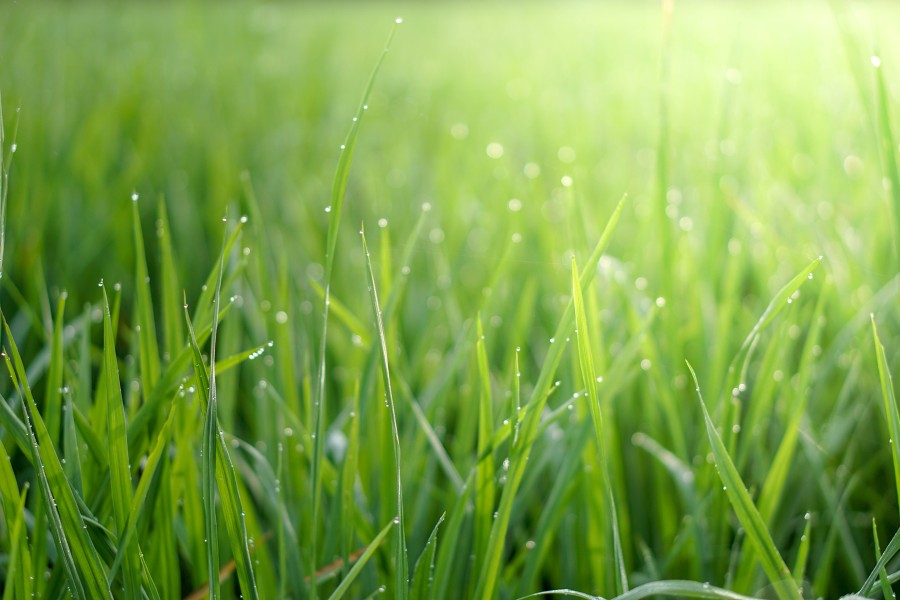
CONTROL LEATHERJACKETS WITH NEMATODES
The most important species occurring in Europe are the leather jacket, Tipula paludosa, and the cabbage snake, Tipula oleracea. Their larvae cause the greatest damage in spring and early summer. However, they can only be controlled in the fall when the young larvae have hatched. Decision criteria are the damage during the season and the number of pupal pods on the greens. The best agent for controlling young gnat larvae is nemastar®. Soil temperatures should be above 12 °C.
Application of nemastar® against leather jacket larvae
nemastar® is used as soon as the majority of the larvae have hatched from the eggs. This is two weeks after the flight peak, usually from mid-September. Dissolve the nematode powder in water, spray it on the damp lawn and rain it in lightly. The larvae are located at a depth of 1-2 cm. The soil should then be kept constantly moist for two weeks.
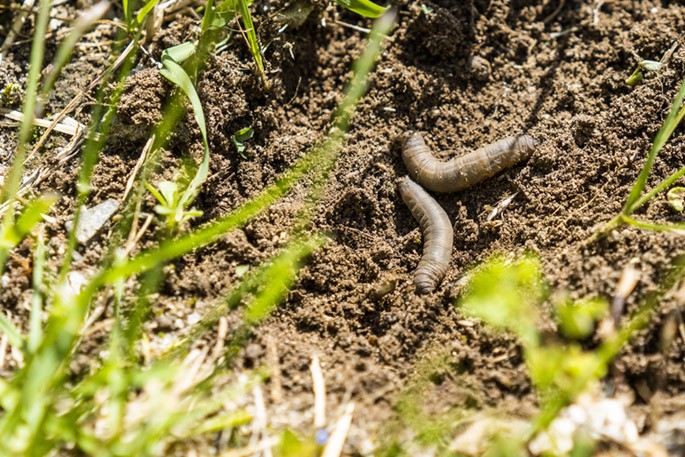
CONTROL CUTWORMS WITH NEMATODES
Cutworms are larvae of butterfly owls living in the soil. These are inconspicuous gray moth species that belong to the family of owl butterflies (lat. Noctuidae). This family is the largest within the butterflies (lat. Lepidoptera). Cutworms are 3-5 cm long, green, gray or brown with dark head capsule.
Which stages of the cutworms can I control?
As soon as the first cutworms are detected, our nematode product nemastar® can be used. It is important that the soil temperature is at least 14°C for a few hours.
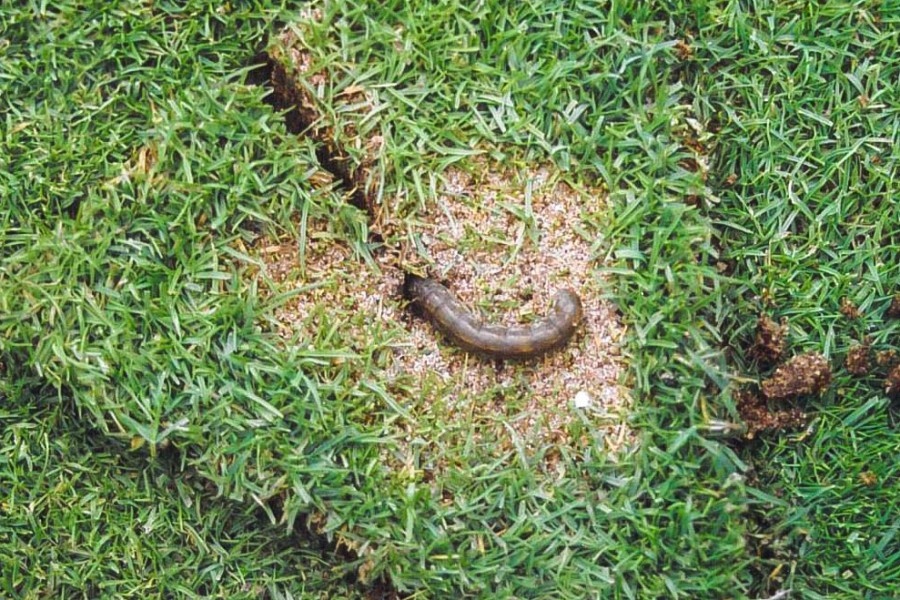
DOWNLOADS
Nematodes of the species Steinernema carpocapsae against leatherjackets (Tipula paludosa), Mole crickets (Gryllotalpa gryllotalpa) und cutworms.
product sheet nemastar® Capnodis
poduct sheet nemastar® Leatherjacket
Nematodes of the species Heterorhabditis bacteriophora against white grubs in turf.
application note nema-green® 5-50 mio
Nematodes of the genus Heterorhabditis and Steinernema against cockchafer grubs (Melolontha melolontha)

